"Today, I stand before you as your king and as part of the government. Today, I personally apologize," King Willem-Alexander said amid cheers at an event in Amsterdam on July 1. The event marked 150 years since slavery was completely abolished in the former Dutch colonies, according to AFP.
"The slave trade and slavery have been recognised as crimes against humanity. The monarchs and rulers of the House of Orange (Dutch Royal Family) have failed to act against this... Today, I ask forgiveness for the obvious inaction we have shown, on the day we thought about slavery in the Netherlands," the king said.
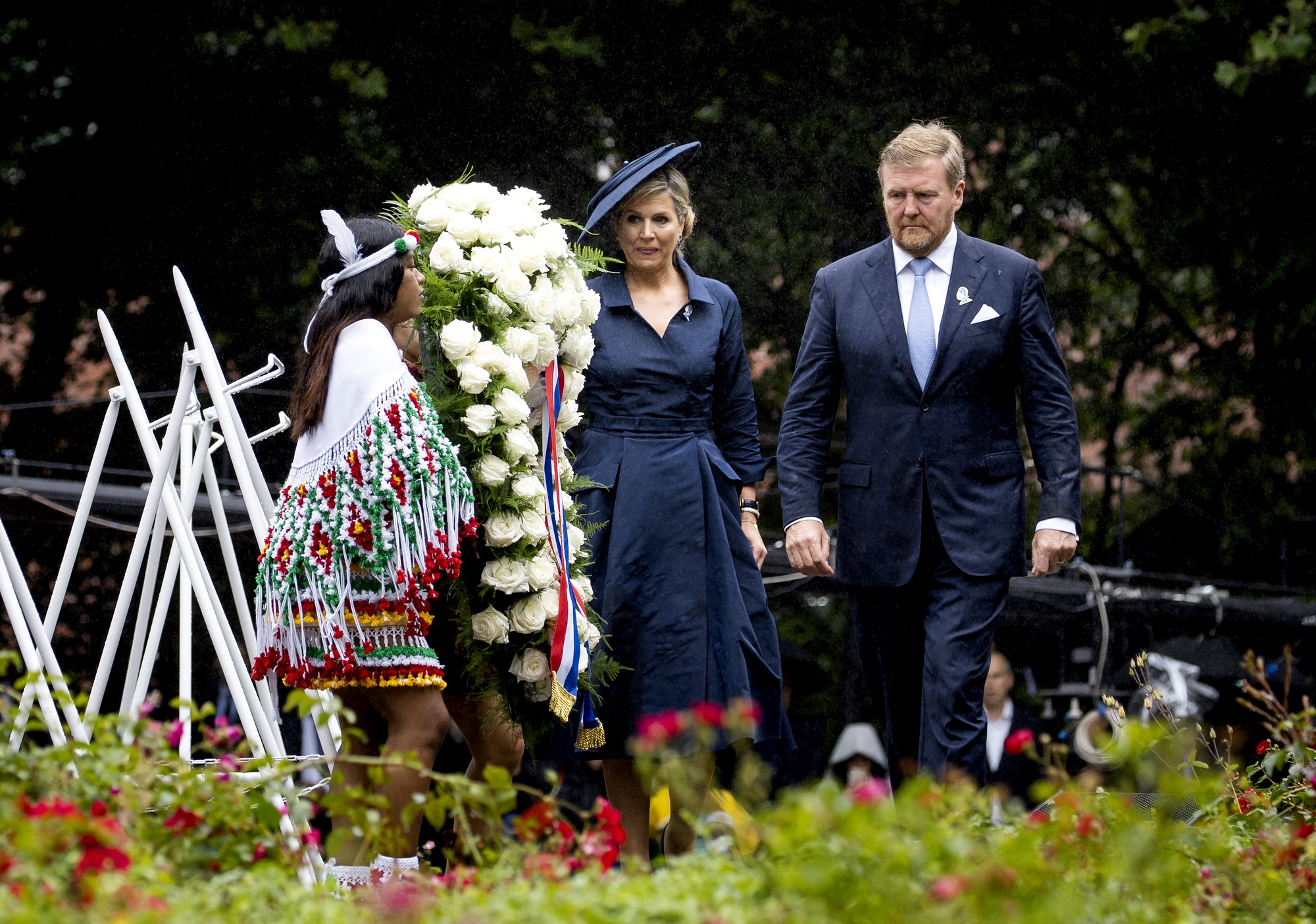
Dutch King Willem-Alexander (right) and Queen Maxima at an event in Amsterdam on July 1.
The king's apology follows a similar one by Dutch Prime Minister Mark Rutte late last year. The apologies come as many Western countries reexamine their colonial histories, a trend spurred by the Black Lives Matter movement in recent years.
Slavery was abolished on paper in Suriname and the Dutch Caribbean colonies on July 1, 1863, but most enslaved workers continued to work on plantations for another 10 years, according to the AP. Today’s event in Amsterdam marks the start of a year filled with events commemorating the 150th anniversary of July 1, 1873.
Research published last month found that King Willem-Alexander's ancestors made the equivalent of €545 million in today's money from past slave exploitation operations.
When Prime Minister Rutte apologized in December 2022 for the Netherlands’ role in the slave trade and exploitation, he did not offer compensation to the descendants of those who were enslaved. Instead, the Dutch government plans to set up a €200 million fund for initiatives to address the legacy of slavery in the Netherlands and its former colonies and raise awareness about the issue.
That effort was not enough for some in the Netherlands. Two groups, Black Manifesto and The Black Archives, held a protest march before the king's speech on July 1, carrying banners reading "No one is healed without reparations."
“A lot of people, including myself, my group, The Black Archives, and Black Manifesto, think that an apology is not enough. An apology should be tied to some form of redress or compensation,” Mitchell Esajas, director of the Black Archives, told the AP.
The Dutch first entered the transatlantic slave trade in the late 1500s and became major traders by the mid-1600s. The Dutch West India Company eventually became the largest transatlantic slave trader, according to Karwan Fatah-Black, an expert on Dutch colonial history and assistant professor at Leiden University.
Source link






























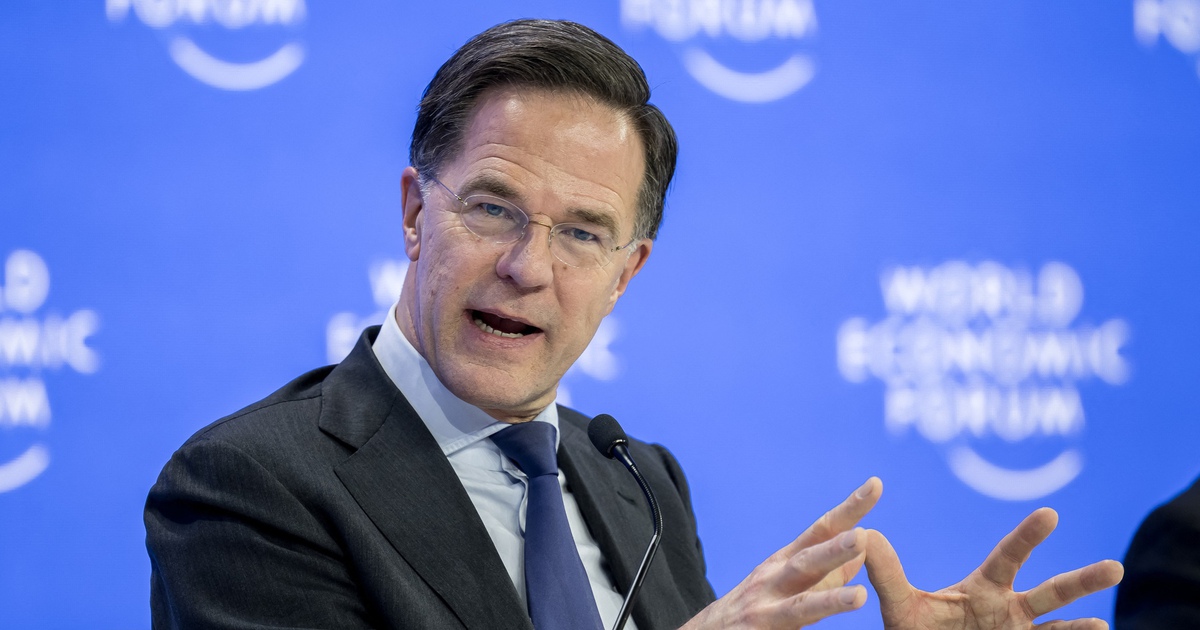


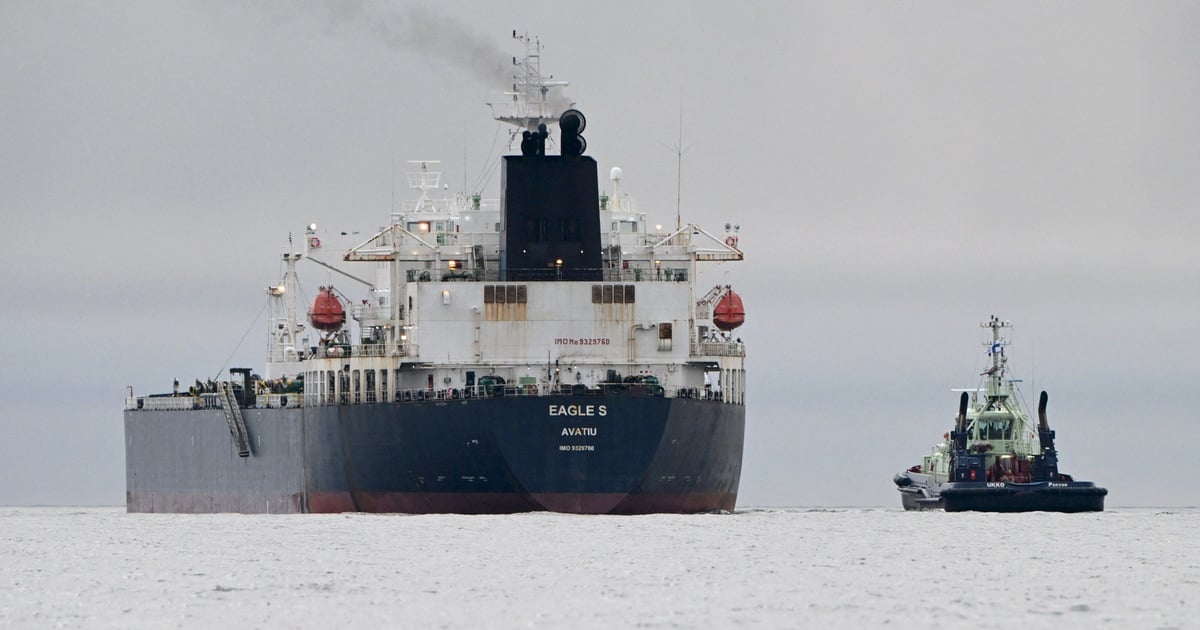

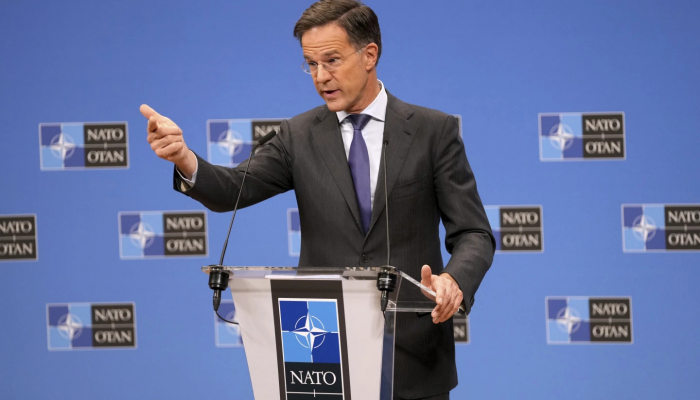

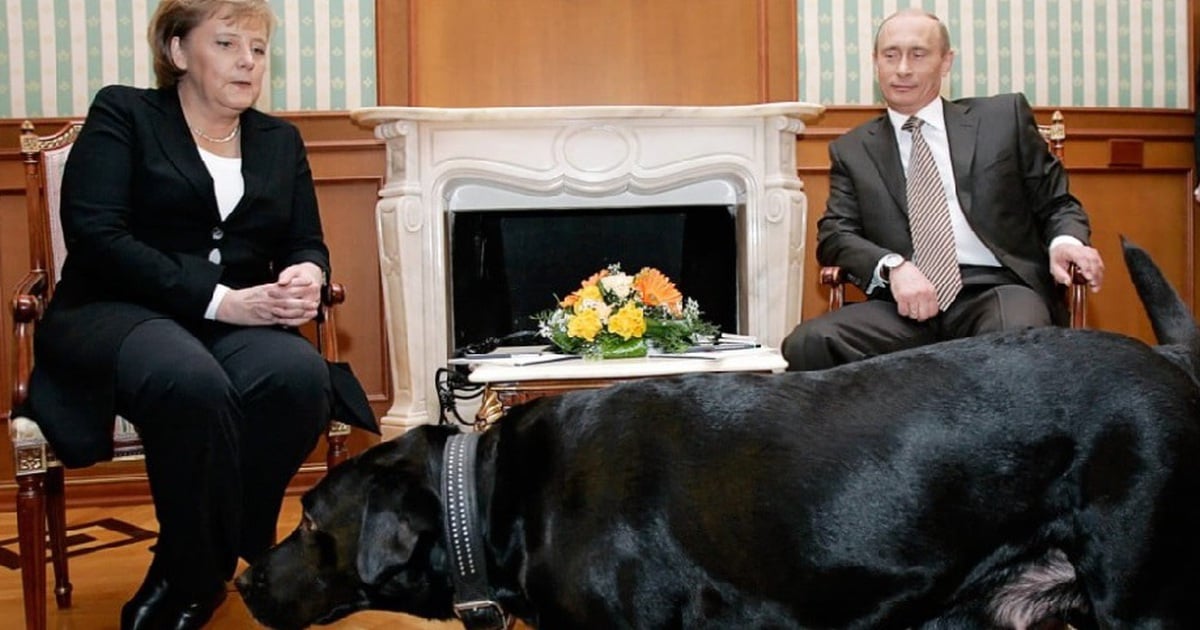
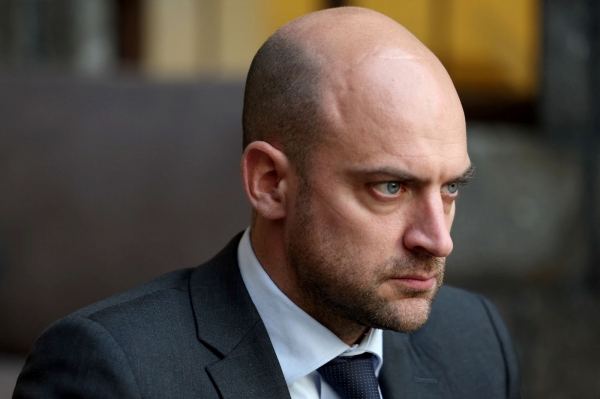

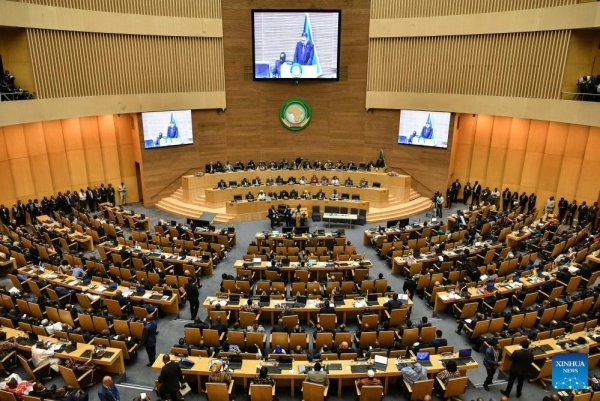

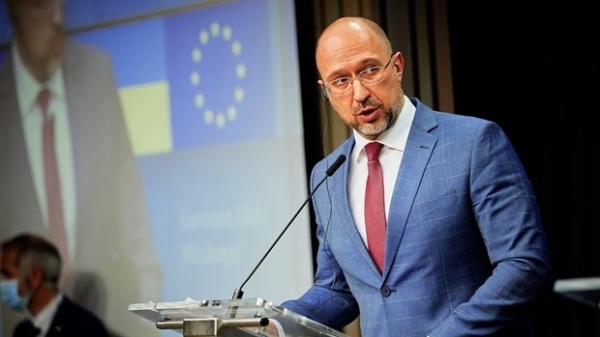
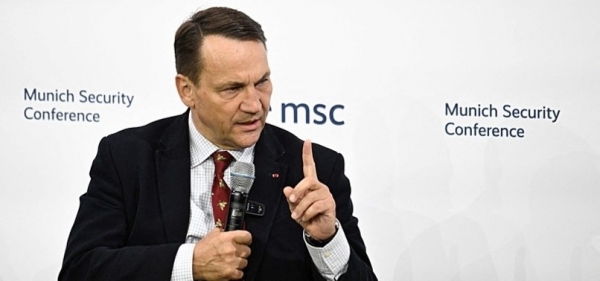


















Comment (0)